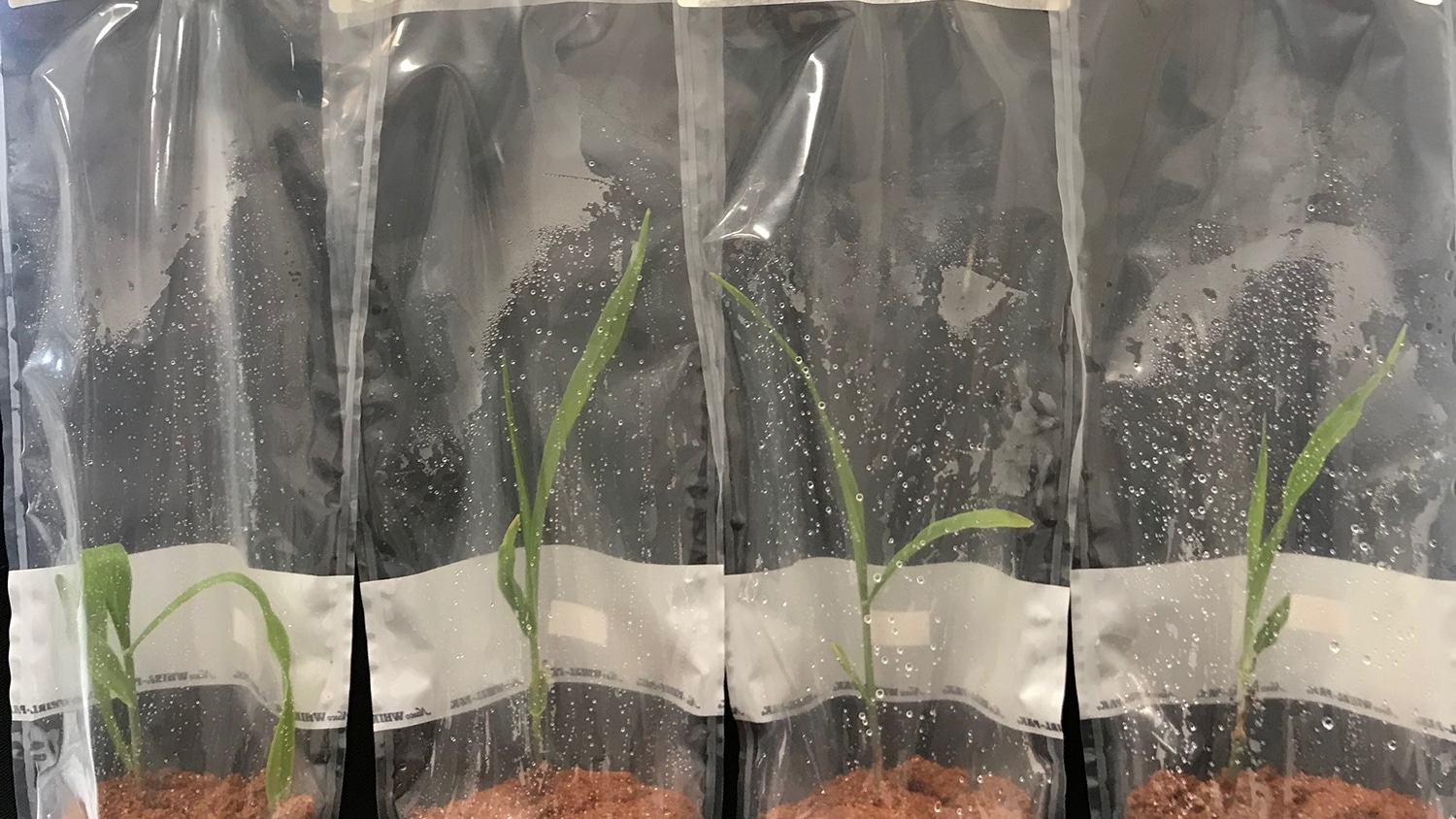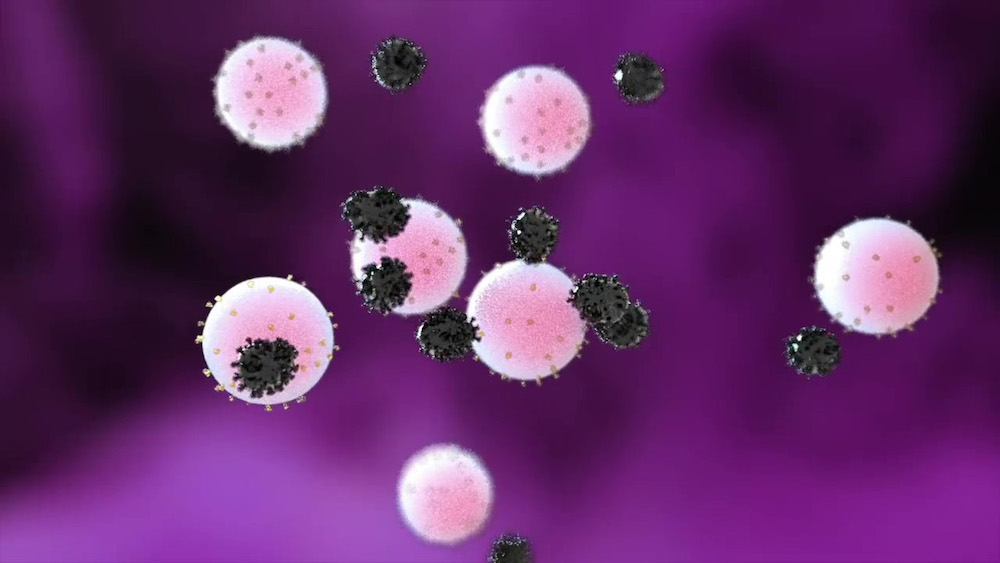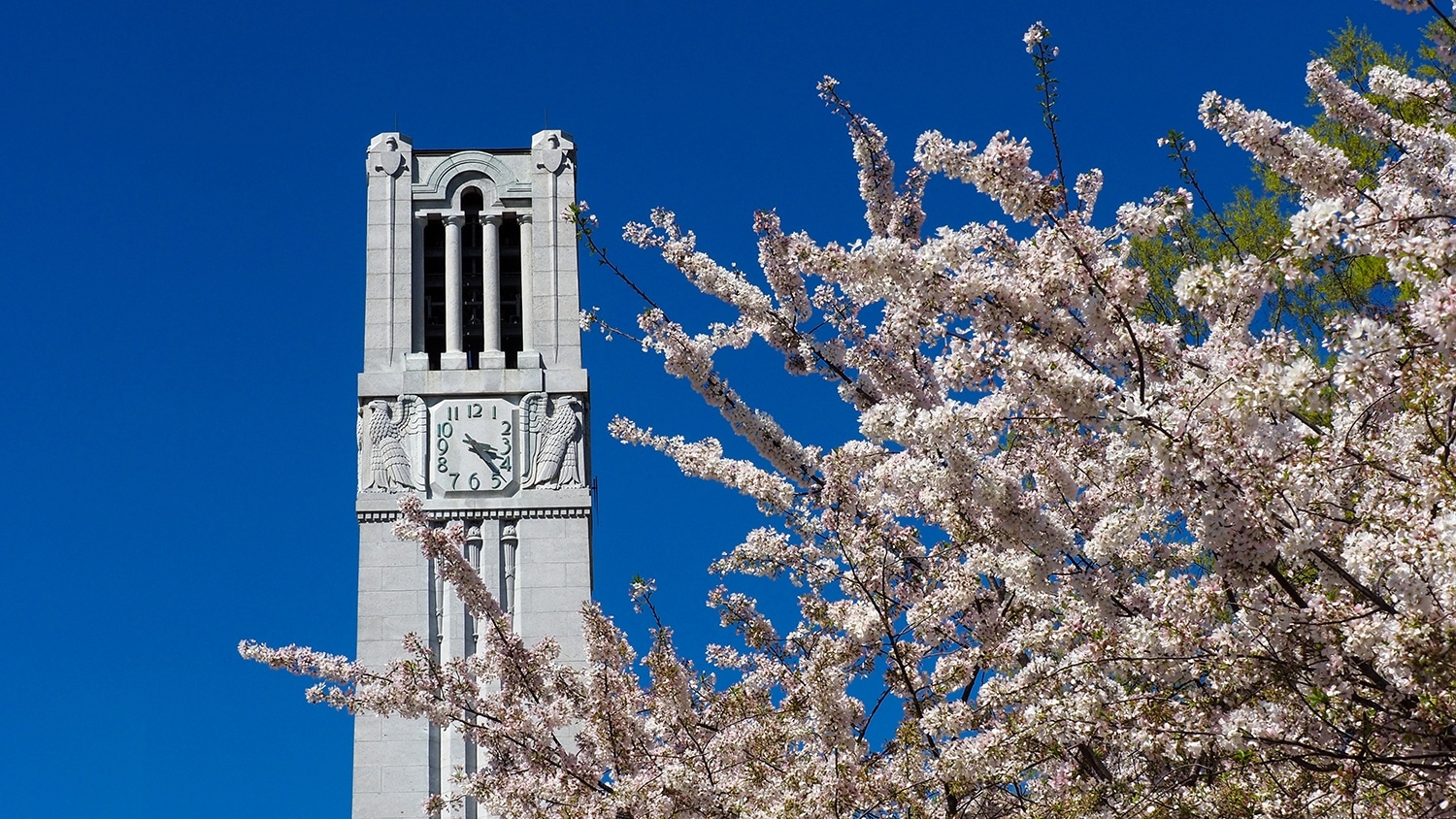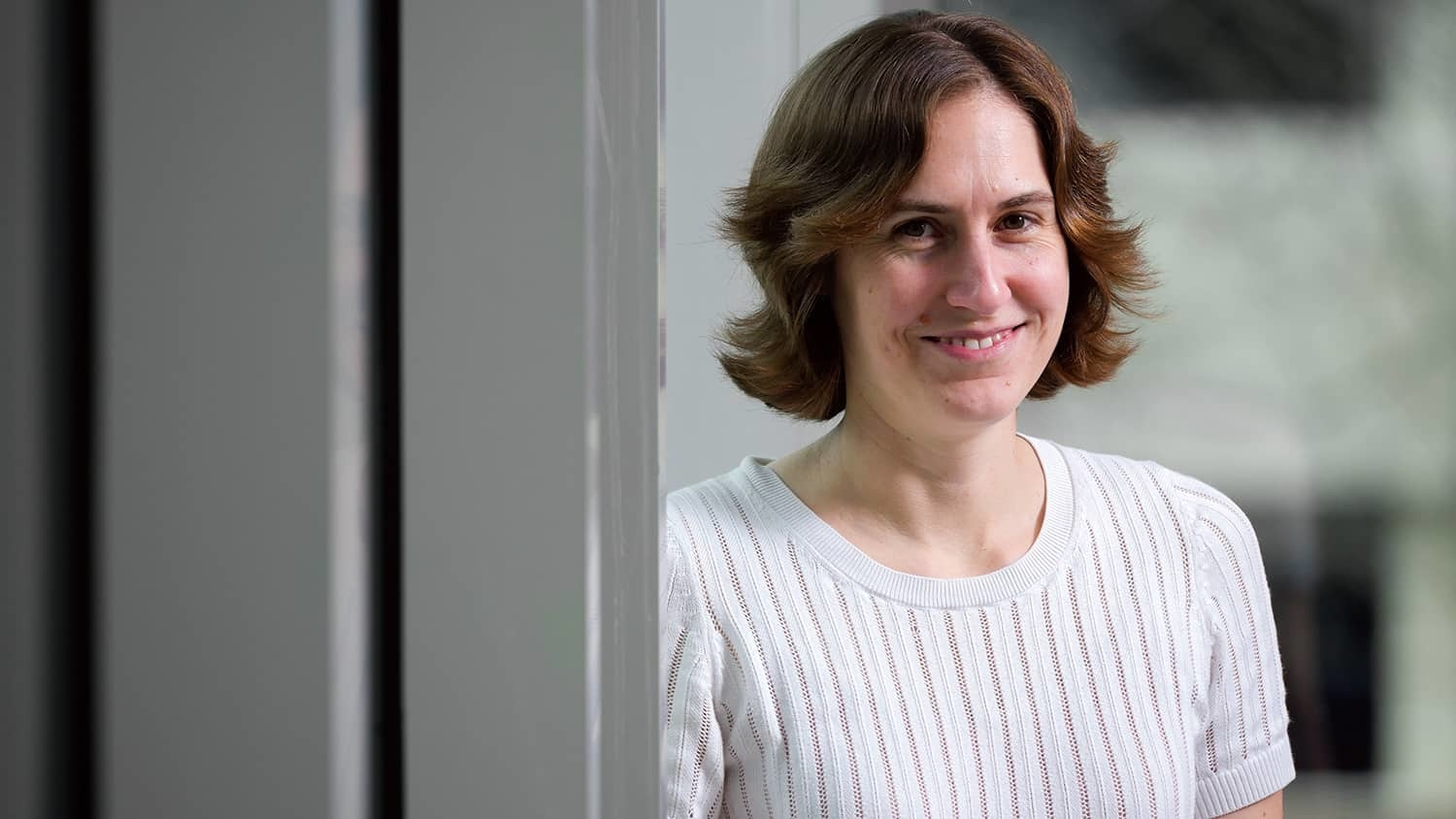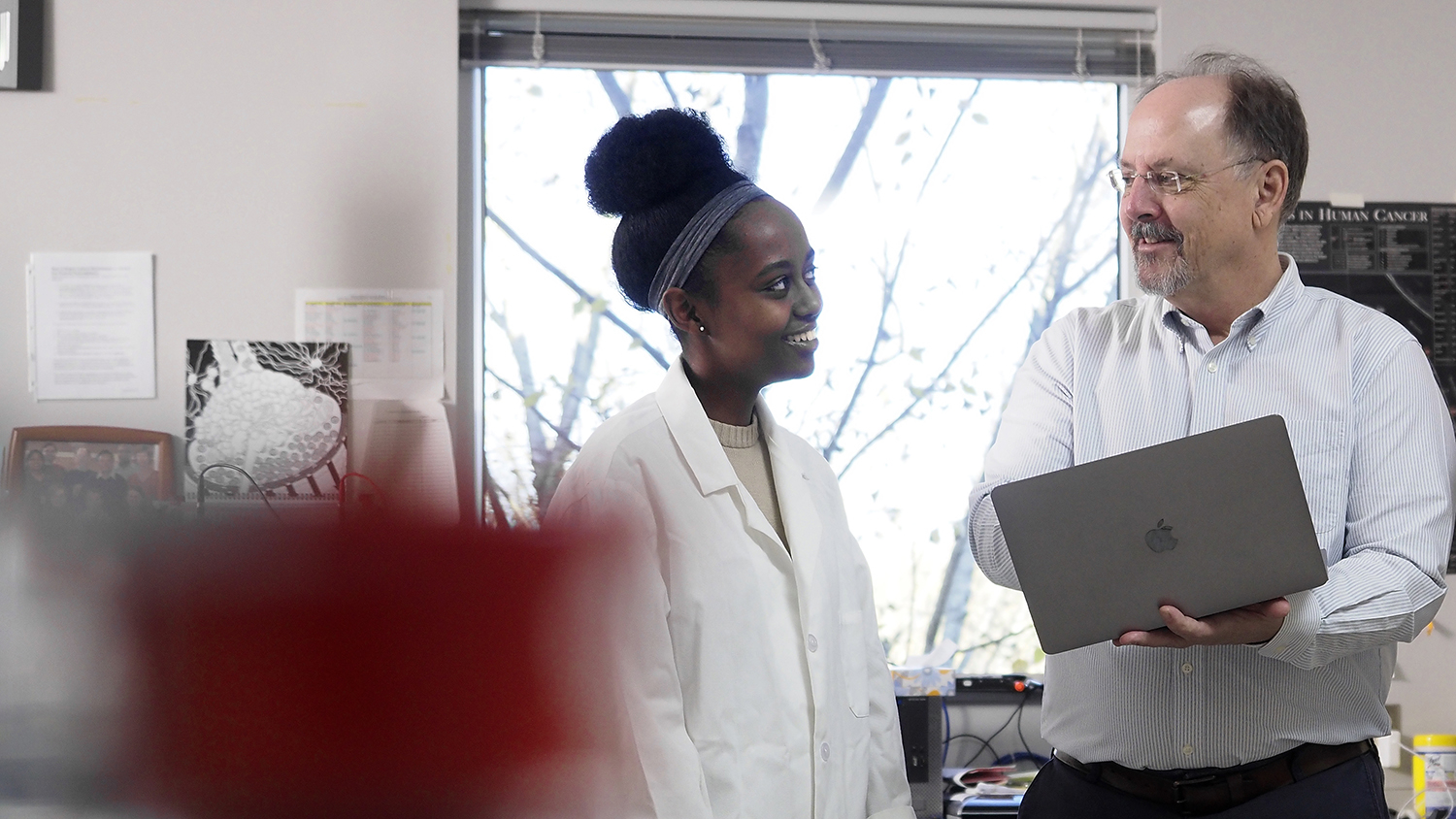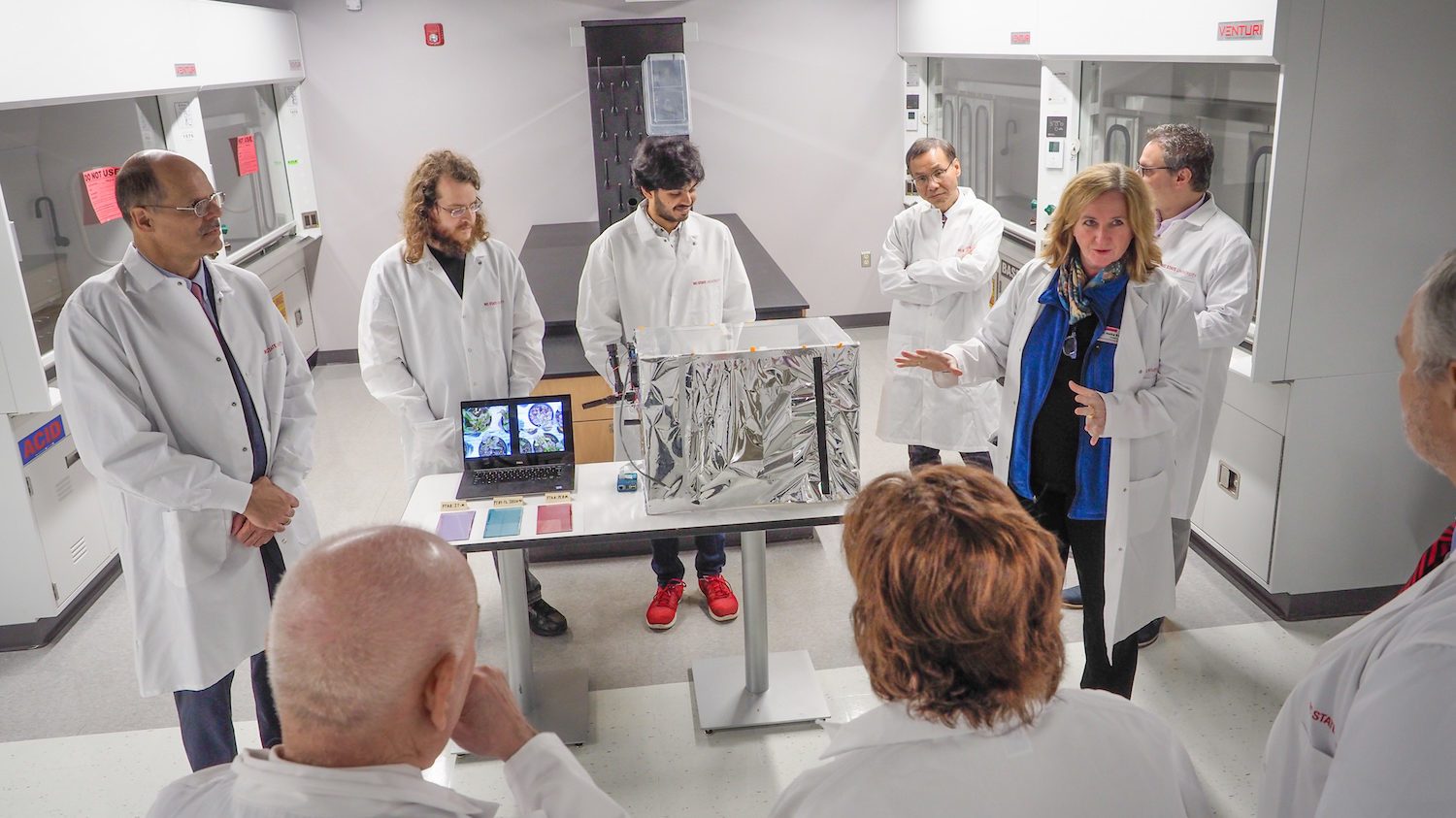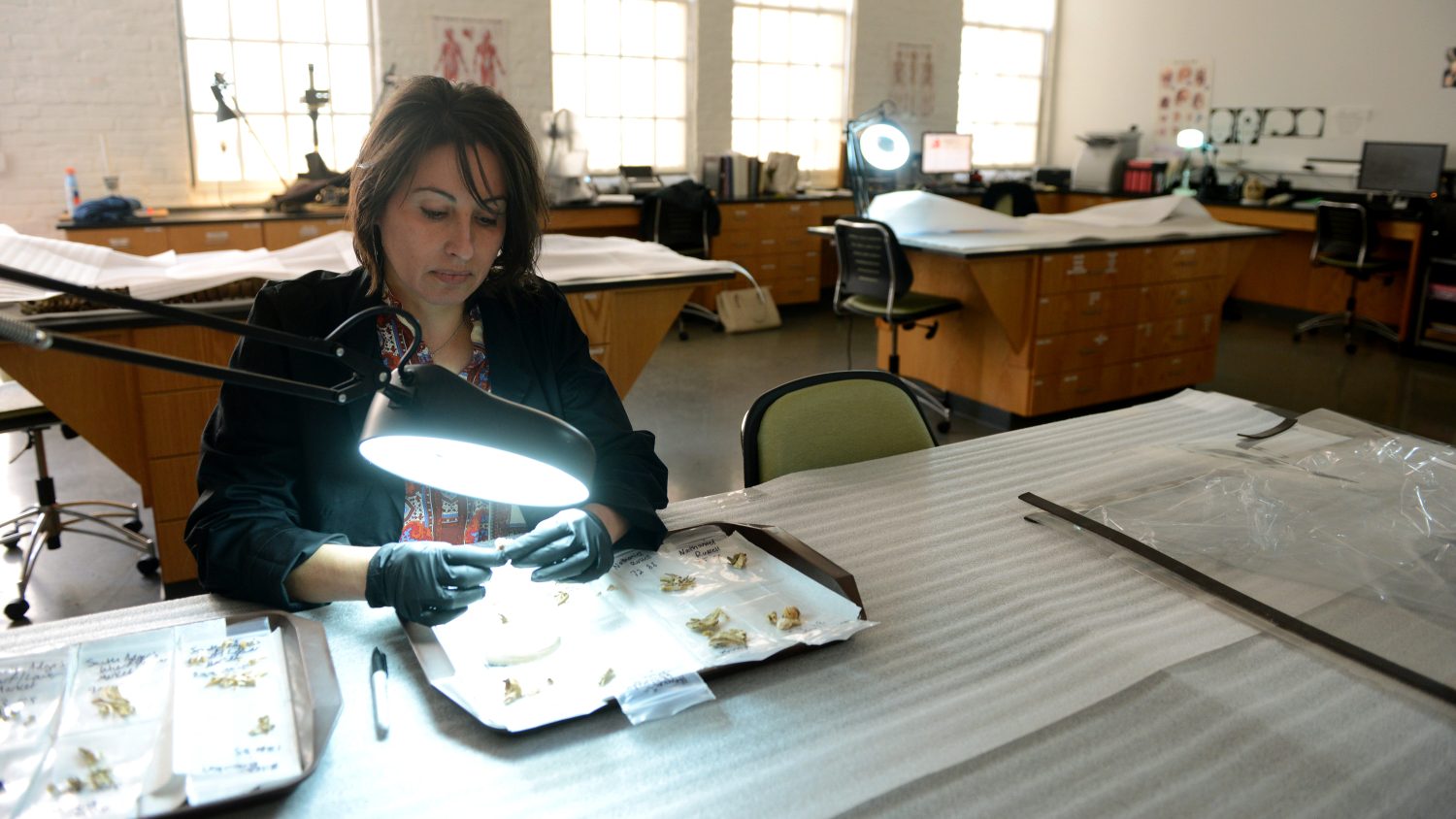Our Clusters
Microbes Play Role in Corn ‘Hybrid Vigor’
Tiny soil organisms have surprising effects on a crop phenomenon that generally favors hybrid over inbred plants.
‘Nanodecoy’ Therapy Binds and Neutralizes SARS-CoV-2 Virus
Research led by the CVM’s Ke Cheng shows that nanodecoys can bind to SARS-CoV-2, helping clear the virus faster.
CALS Researcher Awarded NSF Grant to Study Activation Domains
Associate Professor Ross Sozzani is one of the principal investigators on a new NSF grant to study activation domains on Arabidopsis plants. This $3.4 million project is a joint research collaboration between NC State, Duke, and UC Berkeley – and is expected to pave the way for new gene editing techniques in agricultural crops.
NC State Announces Inaugural Goodnight Early Career Innovators
Three cluster faculty are among 24 promising NC State early-career faculty whose scholarship is in STEM or STEM education has been recognized through a new awards program.
Physicist’s Book Makes New York Times 100 Notable Books, Other “Best of” Lists
NC State physicist Katie Mack’s book The End of Everything(Astrophysically Speaking) was named to the New York Times’ 100 Notable Books of 2020. In The End of Everything, Mack, an assistant professor in the Department of Physics, talks through five possible ways the universe will end. She uses cutting-edge astronomical observations and particle experiments to guide…
Center for Human Health and the Environment Receives $7.6M Funding Renewal
The NIEHS will continue to fund the center’s work to understand how human health is impacted by environmental factors for another five years.
Carbon Electronics Cluster Opens New Facility at NC State
NC State inaugurated a new carbon electronics laboratory on Nov. 18, formally launching a state-of-the-art facility that is bringing together scientists and engineers across the university to do cutting-edge work in this emerging field. The 6,000-square-foot facility for the Organic and Carbon Electronics Labs (ORaCEL), housed in the Partners III building on Centennial Campus, is equipped…
Framework Improves ‘Continual Learning’ For Artificial Intelligence
Researchers have developed a new framework for deep neural networks that allows artificial intelligence (AI) systems to better learn new tasks while “forgetting” less of what it has learned regarding previous tasks.
A Simple Approach to Dating Bones
Forensic anthropologist Ann Ross describes the techniques she uses to determine the age of human skeletons.
New Technique Cuts AI Training Time By More Than 60 Percent
New artificial intelligence training technique reduces training time for deep learning networks by more than 60 percent without sacrificing accuracy.
